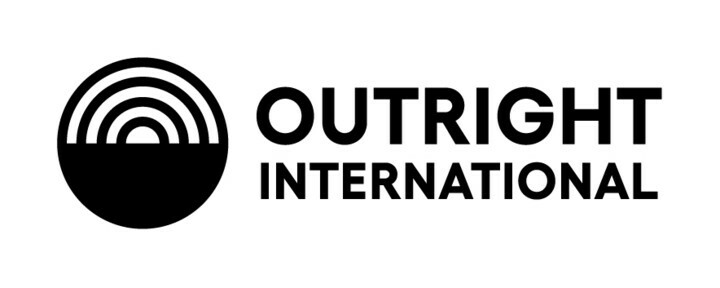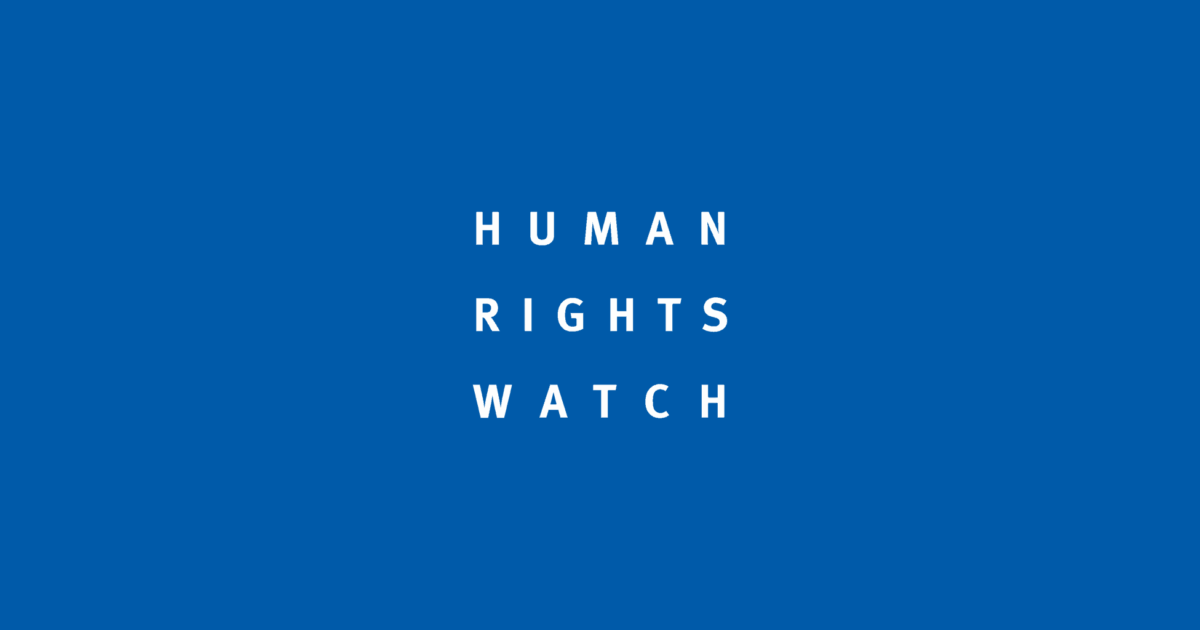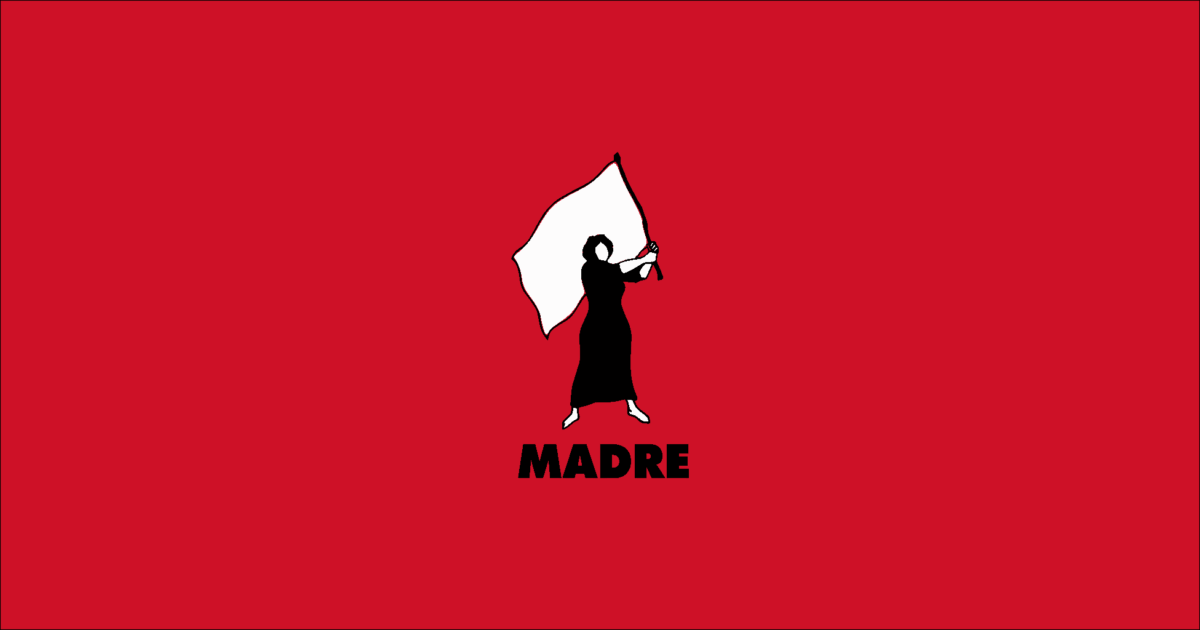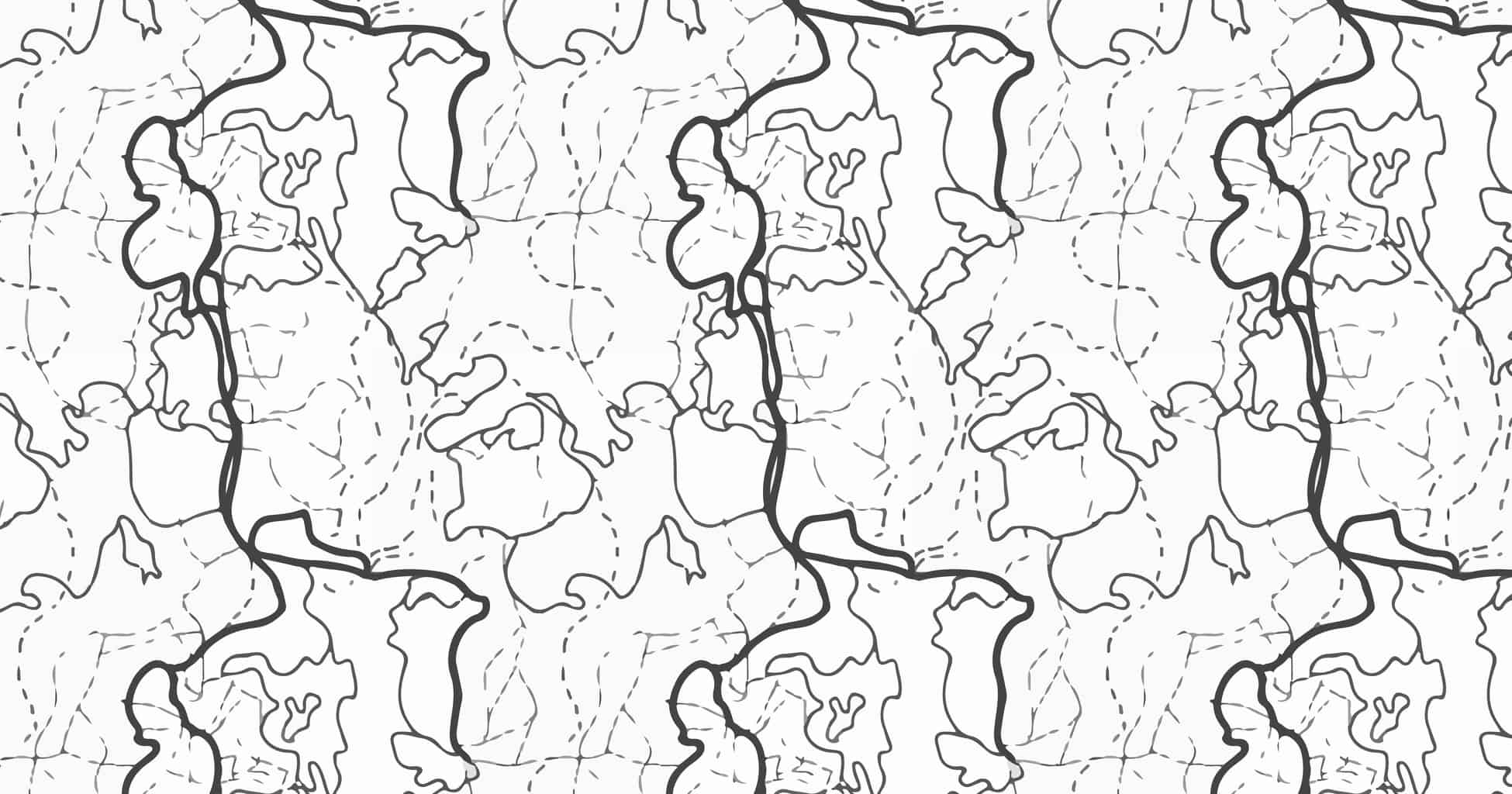Syria & Golan Heights
Syria & Golan Heights
Since 2011, Syria has been on the United Nations Security Council’s agenda, when President Assad’s aggressive actions against pro-democracy protesters during the Arab Spring became more frequent and increasingly violent, leading to civil war and terrorist violence within the country.
Insecurity is the primary concern for women, yet in spite of their limited operating environment, women activists have organized nonviolent protests, distributed and monitored humanitarian aid, documented human rights violations, created safe spaces for women and children, and worked at the local level to set up ceasefires, prisoner releases, and elections.
Based on the work of NGOWG members and their partners, the NGOWG advocates for ensuring women’s needs— such as secure access to sanitation facilities and hygiene, and health assistance— are adequately addressed, and that Syrian women are equally and meaningfully participating in the UN-facilitated political process and in the design and implementation of ceasefire monitoring mechanisms.
Golan Heights
Golan Heights, a disputed plateau in south-western Syria, is home to an equal number of Syrians and Jewish settlers, and since 1973, United Nations Disengagement Observer Force (UNDOF) peacekeepers have observed a contested territorial line between Israel and Golan Heights.
In the current Syrian conflict, Golan Heights has become a key strategic geopolitical position, causing an escalation in violence and increased violations of the ceasefire territorial agreements. Recent advances and attacks by the Islamic State of Iraq and the Levant (ISIL) have concerned residents of Golan Heights— particularly given ISIL’s systematic denial of women’s rights and perpetuation of violations against women.
Based on the work of NGOWG members and their partners, the NGOWG advocates for addressing the increasing gender imbalance in UNDOF by deploying a higher percentage of women, and inclusion of gender-specific language in the UNDOF mandate.
Current and Past Recommendations to the UN Security Council (Monthly Action Points)
The Security Council must reauthorize the cross-border mechanism for at least 12 months as it remains a lifeline for millions of people in northwest Syria, the majority of whom are women and children. Its renewal, and expansion, is necessary so that aid can keep pace with humanitarian needs that continue to intensify with the combined effects of the COVID-19 pandemic, winterization, drought, skyrocketing food prices, and ongoing conflict that targets civilians and civilian infrastructure. Security Council members must call for rights-based, survivor-centered humanitarian action that is age and gender-responsive, disability-inclusive, and provides immediate and non-discriminatory aid and quality healthcare, including sexual and reproductive health services and gender-based violence (GBV) prevention, mitigation, and response services. To minimize the continuing spread of the COVID-19 pandemic, and in the context of an already weakened healthcare system, testing equipment and vaccines must be adequately available to civilians without discrimination. Women are particularly affected by the weakened healthcare system and the resulting reduction of access to sexual and reproductive health services, including maternity care, which continues to be exacerbated by considerable funding shortfalls (MSF, AI).
The Council should also call on its members and parties in Syria to uphold the ceasefire in the north-west and call for a complete and nationwide ceasefire, in line with resolution 2532 (2020), to allow the country to address its ongoing health and humanitarian crises, including growing food insecurity, which has affected at least 60% of the population. Further, past briefings have been inconsistent in providing a clear picture of the gender dimensions of the situation; in line with expectations, briefings should include gender, age and disability-sensitive conflict analysis regarding the situation for diverse women, including women in public life, displaced women, women and girls with disabilities, and the way in which women and girls’ rights are at the center of development (WILPF) and peacebuilding efforts (CEDAW/C/SYR/CO/2, OCHA, UNFPA, HNAP).
Finally, accountability, justice, including reparations, and equal rights must be the foundation of any political solution. However, this foundation is undermined by the ongoing impunity for past, and current violations of international humanitarian and human rights law, including the recent enactment of a new anti-torture law that fails to address the crimes carried out over the past decade (AI, HRW). In this context, gender equality and international human rights law must be priorities in the outcome of any process (CEDAW/C/SYR/CO/2), including a gender-sensitive constitution, and women’s full, equal and meaningful participation and leadership should be a norm at every stage.
Relevant Resources








